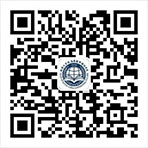
Tongji Strategic Studies Team participated in online international symposium on “Global Governance and Reconstruction of World Order”
On April 29, 2022, invited by Mr. Kiyoyuki Seguchi, Research Director of Canon Institute for Global Studies (CIGS), nearly 20 teachers, students and scholars from the Institute for China & World Studies / the School of Political Science & International Relations of Tongji University, the University of Tokyo, and the University of California, Berkeley (UC Berkeley), participated in an online international symposium on "Global Governance and Reconstruction of World Order".
Around the theme of "Global Governance and Reconstruction of World Order", the participants from four organizations analyzed the positive impact of regional cooperation, political consensus, virtue, and non-state actors on the construction of global order at the macro, meso, and micro levels.
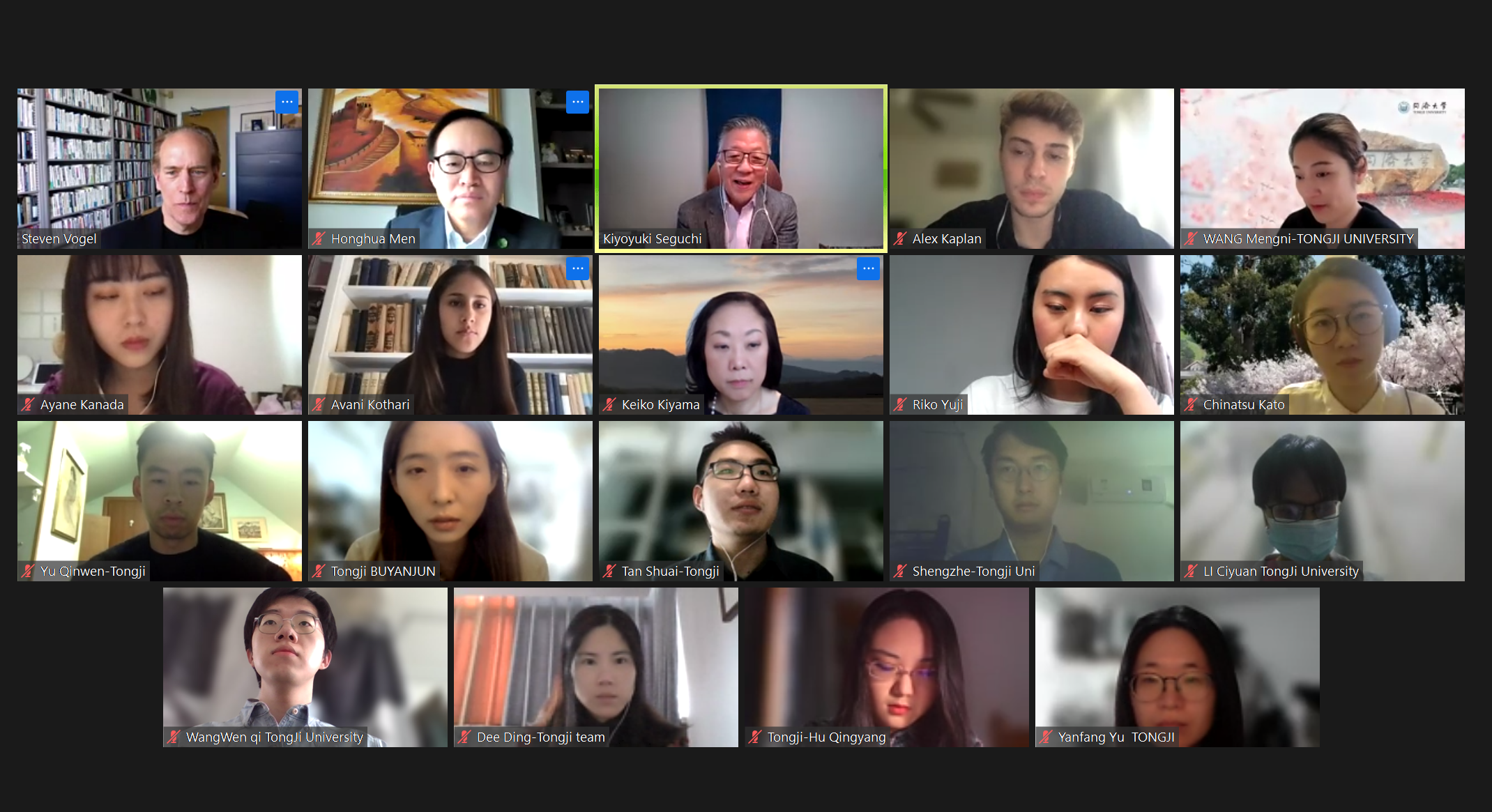
Mr. Seguchi, Research Director of CIGS and an expert on China's economy, moderated the meeting and gave an opening speech. He first welcomed the members of the three teams. He then pointed out that in the two previous symposiums, the three teams from China, the United States, and Japan have put forward valuable suggestions on the regulation of private enterprises at the micro level and on the reconstruction of international order amidst the current major changes at the macro level by using the wisdom of Eastern philosophy. So, he hoped that in this academic discussion, the three teams can continue to discuss the profound influence of non-state actors and cultural factors on the construction of global order from the perspective of the subjects and concepts of global governance.
First, the UC Berkeley team gave a presentation on the topic of "Global Order Framework Project: Firm and State Monitoring". The team, led by Steven Vogel, son of renowned China expert Ezra F. Vogel and a professor at UC Berkeley School of Business, explored the path of building a global order at the level of state and firm monitoring from the perspectives of system building, mobilization strategy, and practice platform. The team pointed out that system building is needed for state and firm monitoring and the construction of global order should be evaluated both qualitatively and quantitatively. The qualitative evaluation of states should be based on country reports and interviews as well as their legislation, implementation, and enforcement; the quantitative evaluation of state monitoring should be based on the Sustainable, Shared-Prosperity Policy Index (SSPI) which integrates three pillars of sustainability, market structure, and public goods and services; and the qualitative assessment of firms should be based on corporate reports and interview records as well as their objectives, initiatives, and implementation, and the quantitative evaluation of firms should refer to the Environmental Social Governance (ESG) model, a quantitative indicator of a firm's ESG capabilities. In addition, the team detailed a mobilization strategy based on state and firm monitoring systems to motivate states and firms to improve their ESG performance on the ground. The initiatives include: producing a brochure on "Global Governance and Reconstruction of World Order" to promote its importance and explain how it works in detail; launching an international information portal to collect relevant monitoring data and analyze the results; promoting a trial run of the monitoring system, collaborating with some firms and universities to form student and professional teams, and holding regular international conferences to share practical experiences.
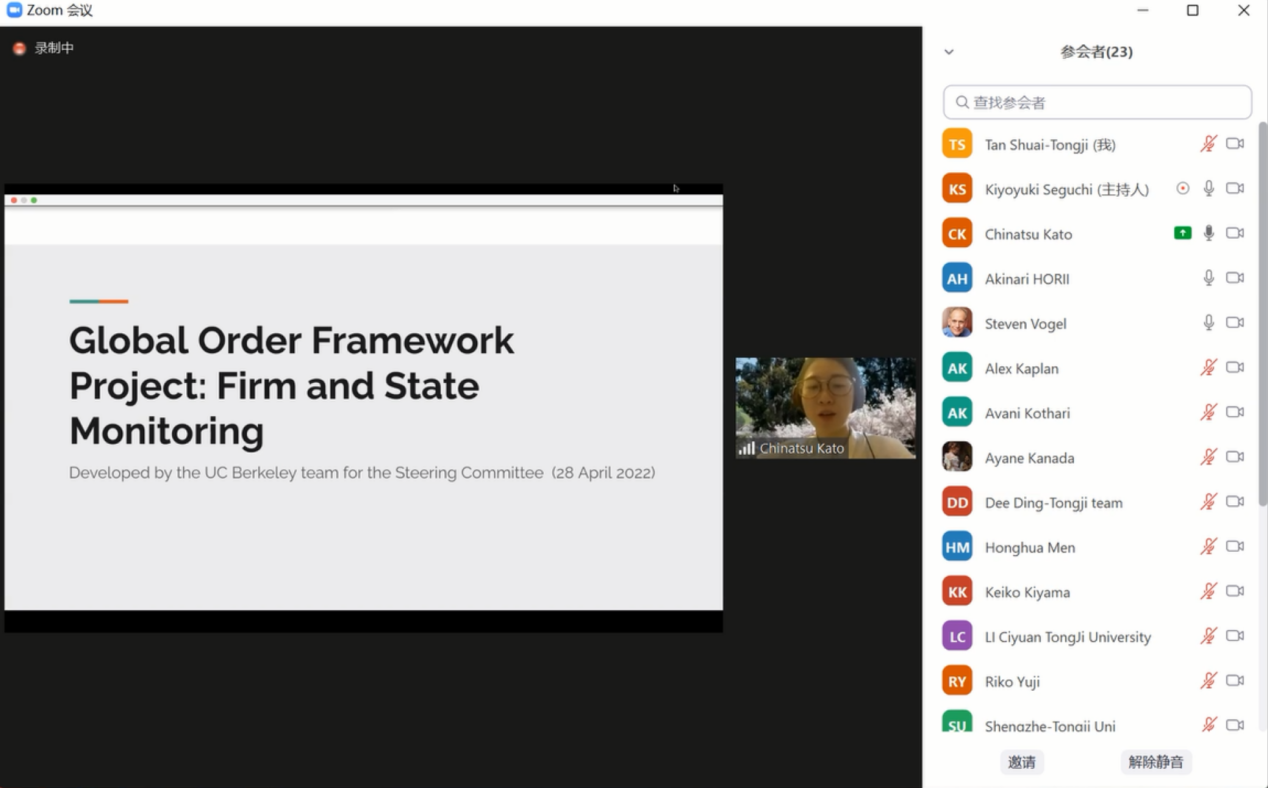
Next, the Tongji team gave a presentation on the topic of "Global Order Formation and East Asia Economic Order: Process, Institution and Illustration". The team, led by Men Honghua, a distinguished professor of the Changjiang Scholars Program of the Ministry of Education, President of the Institute for China & World Studies, and Dean of the School of Political Science & International Relations of Tongji University, discussed the relationship between global order formation and East Asia economic order from the perspective of process, institution and illustration. The team explained the formation of regional and global order in four parts: "East Asia's economic boom in the 1980s," "institutionalization and formation of East Asia economic order," "challenges to East Asia’s regional economic order," and "formation and future of regional order". In the first part, the team discussed the rapid economic development of Asian countries, taking Japan, the Four Asian Tigers, and China as examples. After World War II, the economy of Japan experienced rapid recovery, reconstruction, and take-off. After several years of accumulation, Japan's export industry flourished and an outward-oriented economic development route was established. After the 1960s, the Republic of Korea, Singapore, Hong Kong, and Taiwan entered the ranks of newly industrialized countries and regions, and narrowed the economic gap with developed countries, attracting the attention of the world. They are therefore known as the "Four Asian Tigers". China has pursued a strategy of reform and opening up, in which the government has played an active role. In the second part, the team expounded the institutionalization of East Asia and the formation of economic order. The Conference on Interaction and Confidence-Building Measures in Asia (CICA) Summit has promoted the political consensus building, the Asia-Pacific Economic Cooperation (APEC) has promoted the expansion of common interests, and the East Asia Summit and ASEAN have become important leaders and participants in regional cooperation. Taking the 1997 Asian financial crisis as an example, the team argued that the lack of market regulation was one of the reasons for the outbreak of the crisis. The crisis also changed the global financial community's understanding of some traditional concepts, and it pointed out the direction for reforming the existing international financial system and strengthening the market regulation of the financial system. The development of East Asian countries and the Asian financial crisis have taught us a lot. First, the economic take-off of Japan and the economic development model of the Four Asian Tigers reflect that a free market economy cannot be achieved without the strong leadership of national government. Second, the economic boom of East Asia is closely related to international cooperation, and the establishment of international institutions has promoted regional cooperation and helped shape common interests. Third, the formation of regional economic order needs to be supported by a strong political consensus, and the political consensus among countries, especially major powers, is the primary condition for the reconstruction of international order.
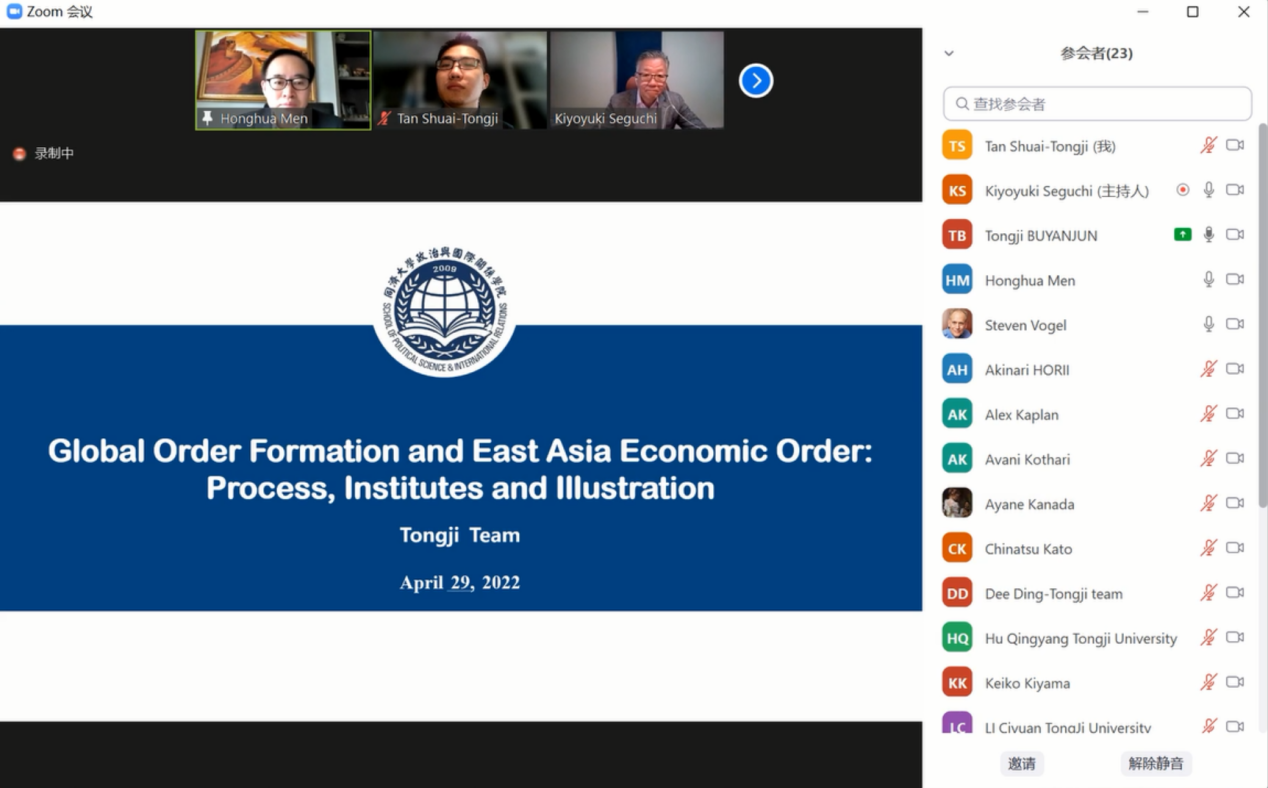
Then, the Japan team, led by Mr. Seguchi, gave a presentation on the topic of "Basic Concept of GOFP and Examples". Starting from the basic concept and examples of global governance and the reconstruction of world order, the team shared their views in four parts: "structural defects of state- and rule-based global governance", "important role of non-state actors and virtue", "virtue in Eastern philosophy", and "examples of individual and business practices of virtue". The team believed that the existing global governance and international order, which is based on states and rules, has four main defects: first, the contradiction and conflict of interests among states; second, the weakening of the U.S. aspiration to lead the world; third, the inability of current global governance to effectively respond to global issues; and fourth, the primacy of national interests over global interests. So, it is necessary to play the supplementary role of non-state actors and virtue, since non-state actors are not influenced by domestic elections, and virtue can motivate individuals to persevere in solving global issues. On this basis, the team further elaborated on the connotation and extension of some Eastern philosophic thoughts such as Mandate of Heaven, altruism, unity of knowing and doing, and introspection. Finally, the team gave concrete examples of individual and business practices of virtue to demonstrate that the combination of non-state actors and virtue can contribute to the formation and improvement of global governance and world order.
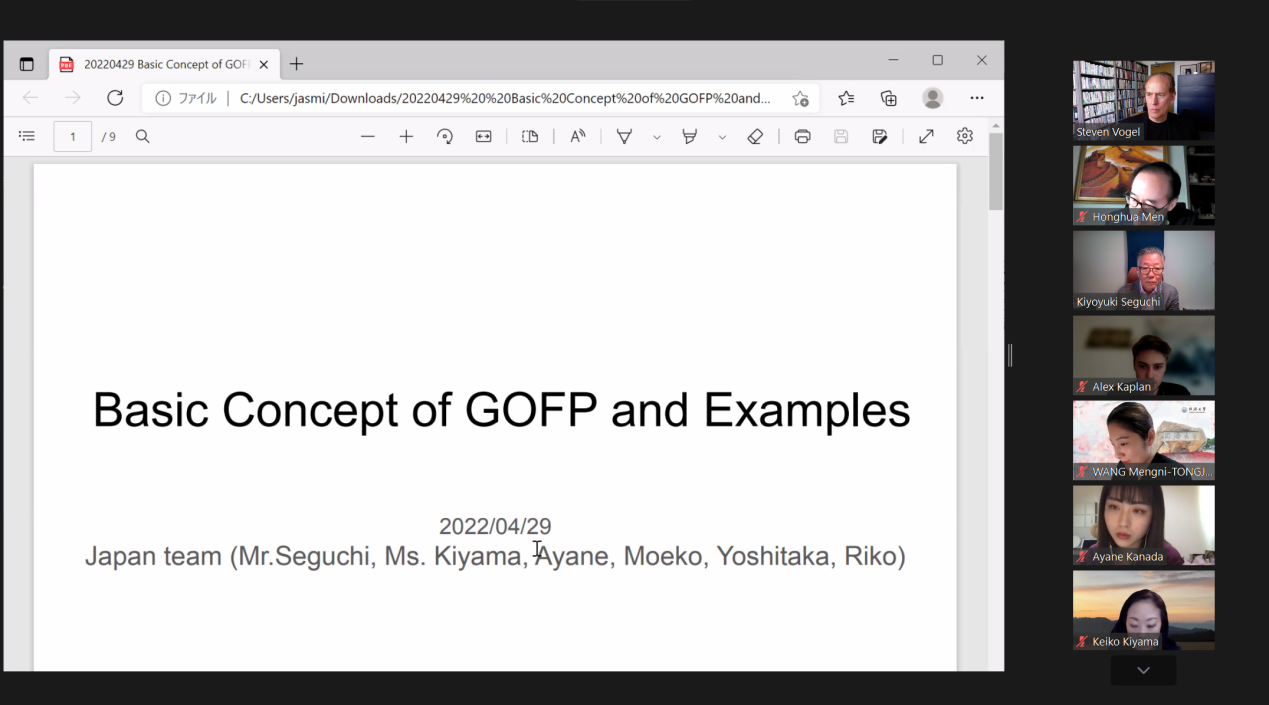
In the interactive session, the Tongji team, the Japan team, and the UC Berkeley team had an adequate and meaningful discussion on the topics presented by each other, exchanged their views in depth, and raised their questions and shared their insights, to further analyze and interpret the theme of "Reconstruction of Global Order" from different perspectives and multiple dimensions.
At the end of the webinar, Prof. Men commented on the three teams' presentations from analytical perspective and practical subject. He pointed out that Prof. Vogel's team has achieved fruitful results in governance techniques, especially young scholars’ participation in the construction of a network platform for state and firm monitoring under their framework. Prof. Seguchi's team has well applied the Eastern philosophy to the formation of world order, reflecting the lofty sentiments of the Japan team in governance by virtue and thought. The Tongji team focused more on the national role and influence in the world order formation. Through the case study of East Asia economic order, the Tongji team explored East Asia’s path of rebuilding the world order from the perspectives of regional cooperation and political consensus, providing a strategic panoramic view at a macro level. Dean Men further indicated that this is the third time that the International Symposium on “Global Governance and Reconstruction of World Order” has been held and we have discussed in depth the practices of global governance from the angle of international order and regional order respectively, while in the future symposiums, we should focus more on the international order construction with state as the subject, and culturally, investigate the commonalities between the East and the West in international identity and international norms, so as to better realize cultural exchange and international cooperation between the East and the West.
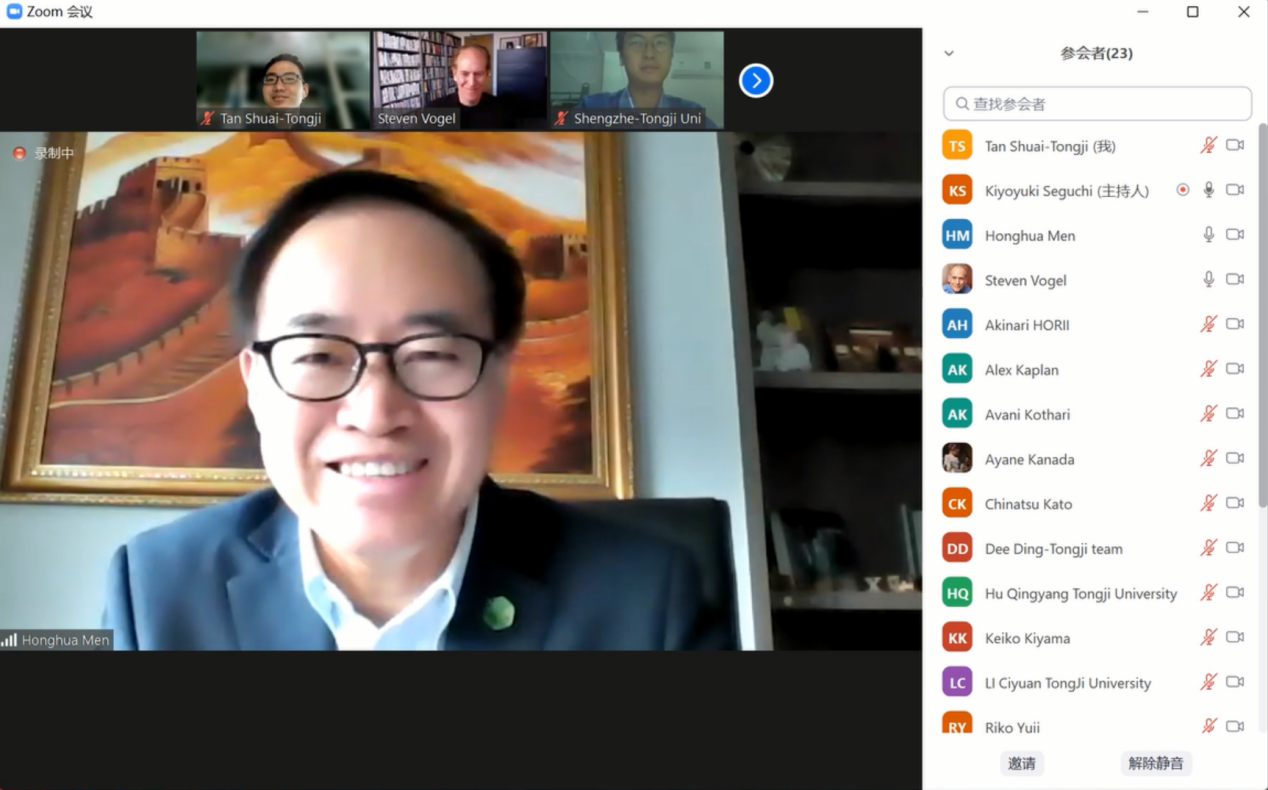
After two hours of academic discussion, the three teams expressed that the "Global Governance and Reconstruction of World Order" project is carried out at the right time amidst the current international changes, which not only provides an important platform for students and teachers from the three countries to participate in international exchanges, but also serves as a vivid practice to mingle the wisdom of the East and the West. The participating scholars and students all looked forward to the next meeting.




